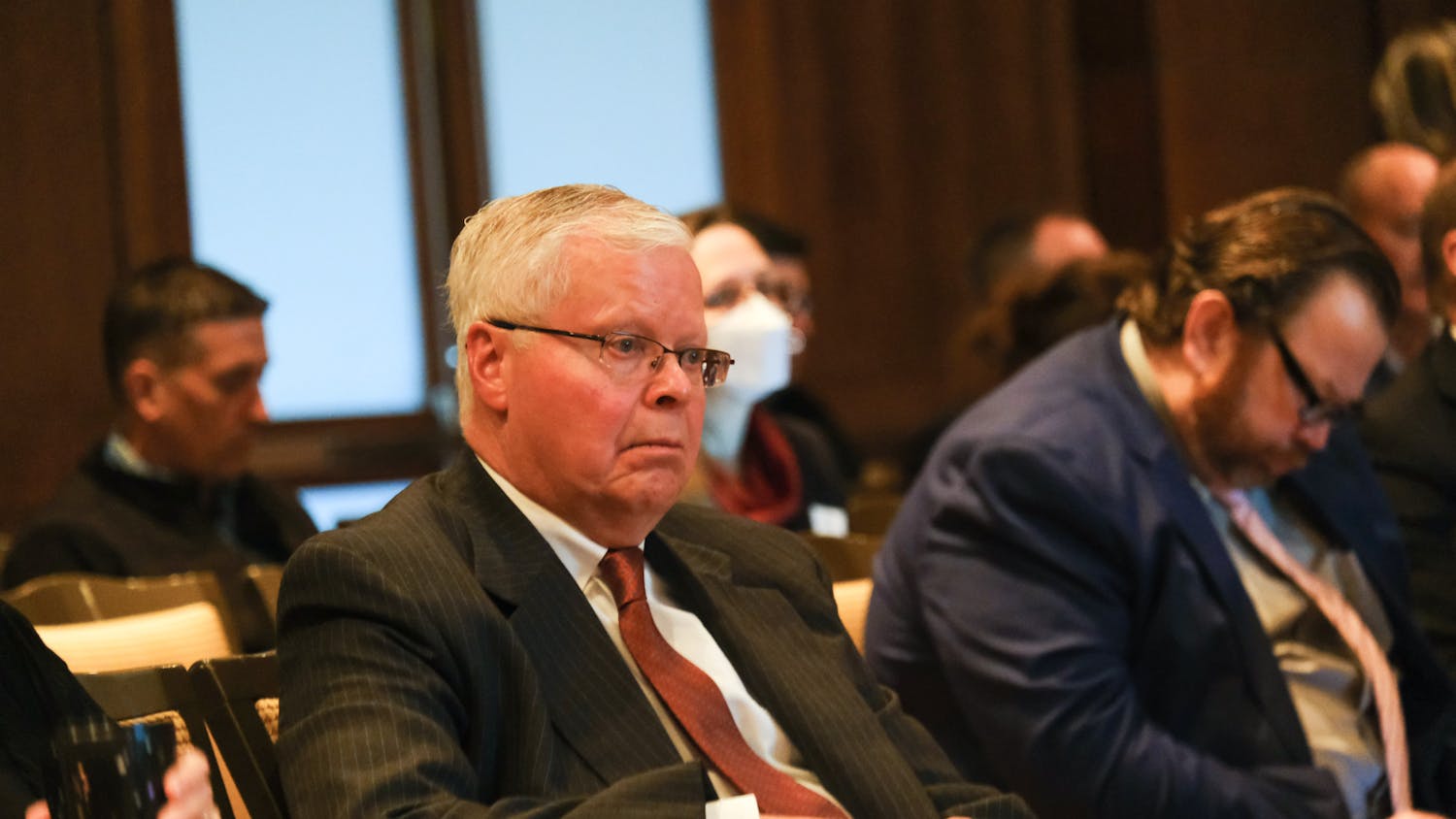Scientists today should be innovating at a faster rate than ever before. The field of science has never been more densely populated, our network of communication has never been stronger and our technology has never been more advanced. Taking Newton’s words to heart, we are standing on the shoulders of giants at unprecedented heights.
In some ways, scientists are meeting these lofty expectations. The last few decades have shown an exponential growth in the amount of papers being published and patents being granted, with the volume of literature doubling every 15 years.
It is intuitive to think this level of research must mean major scientific breakthroughs across the sciences.
That is not what we are seeing, though.
Innovation is slowing every year. Across scientific fields, new papers are less and less likely to break from past established research or push science in unexpected directions. In short, science is facing a paradox: despite exponential growth in all forms of scientific research, meaningful breakthroughs are few and far between.
The reason for this paradox is not scientists exhausting their list of all possible innovations. To be clear, breakthroughs are going to be more hyperspecific now than they would have been 50 years ago, but we are far from the point where scientists should just throw up their hands and assume there is nothing left to discover. There are, it seems, more practical causes for the slowing of scientific progress — some are unavoidable, and some we need to consciously work to change.
One explanation is that the millions of new papers released each year have led to information overload. No one scientist can take in all of the research, let alone discern what might be useful to a given project. With limited time and resources, scientists tend to rely on research that expands on well-established sciences rather than focusing on unfamiliar or disruptive studies. In other words, we end up with more of the same.
Solutions to this problem are becoming more viable every day. Scientists can, for example, take advantage of AI tools that will synthesize large quantities of information and direct their research accordingly. This way, researchers won’t need to sift through possibly thousands of independent studies before starting their own.
For the field of science, this issue is unfortunately not the only thing contributing to the slowing of scientific progress. More of the factors limiting development have to do with the business of science — a system that is fundamentally flawed.
Innovation requires failure. The two things are inextricably linked. In 2023, though, both universities and scientists have incentives to avoid failure at all costs. This has led to a problematic industry culture of “playing it safe.”
Failed experiments and disproven hypotheses, while necessary for scientific progress, undermine a university’s reputation as a successful research institute. This loss of reputation and the inevitable loss of funding that comes with it means universities would sooner support research that defends existing breakthroughs than research that pushes boundaries.
Professor James Evans, director of The Knowledge Lab at the University of Chicago, puts it in terms of movie production. If a studio has the option to produce a new “independent script [that] could be amazing, or Transformers Nine, they’re going to go with Transformers Nine.” For the sake of self-preservation, they are going to go with the safer bet.
This means universities are tossing out some of their best potential research. Katalin Karikó, winner of the 2023 Nobel Prize in Medicine, was rejected from a tenure-track position at the University of Pennsylvania for the very research that ultimately won her the award. The reason? Her research into disease treatment using mRNA was considered too far-fetched to warrant funding.
Situations like these are all too common — scientists say grant review boards have biases against lesser-known institutions and unorthodox research.
Scientists, then, also have incentives to play it safe. Their success in academic positions depends on their ability to be published and to be cited, and negative results are rarely published. So, scientists conduct small-scale research projects that show incremental progress instead of pursuing new ideas that could have negative outcomes.
There’s no easy fix for this system. The field of science can’t reasonably exist without funding, but that same funding is stifling the field of science.
The only solution is to see donors put their money behind a greater variety of research proposals and a more diverse breadth of scientists.
This will mean more experiment failures and undermined research in the short-term. If we are interested in seeing meaningful contributions in science long-term, though, it’s time to bite the bullet and invest in failure.
Lauren Stoneman is a junior studying History, Philosophy, and Political Science. Do you agree scientific innovation has stagnated? Send all comments to opinion@dailycardinal.com
Lauren Stoneman is an opinions editor for The Daily Cardinal.






